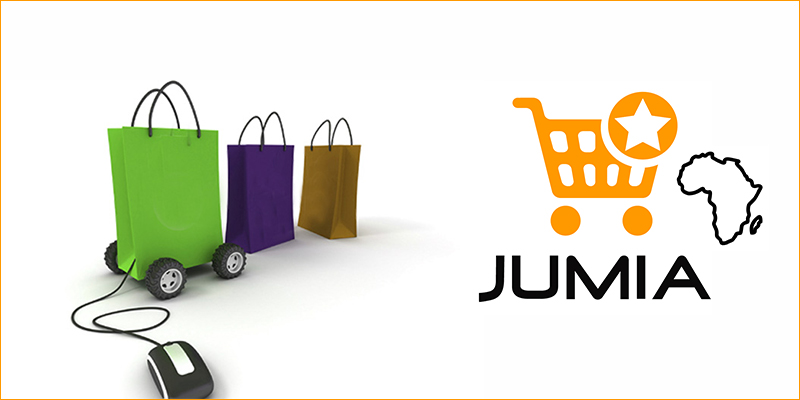- Nigeria’s E-commerce Market Value to Hit N15.45tn in 10 Years
Currently worth around $13billion (about N4.01trillion), experts in the Nigerian financial service sector have estimated that Nigeria’s e-commerce market value could rise to $50billion (N15.45trillion) over the next decade.
A recent report by London based Economist Intelligence Unit (EIU), identified industry giants, such as Jumia, Konga and Jiji, as leading the African charge to boost the continent’s growth of online, technology based retail business.
The report, which highlighted countries and metro regions in Africa with the biggest potential for e-commerce growth, as well as the trends and developments in the market, also noted that Nigeria’s three main online retailers; Jumia, Jiji and Konga, serve a mass-market clientele.
The EIU report valued Jumia (a leading online retail platform) at $1billion; the company operates in 10 other African countries.
Analysts at FBN quest believe the growing appetite for mobile data usage as well as increased network coverage has increased the potential of Nigeria’s e-commerce market.
“Based on data from the Nigerian Communications Commission (NCC), mobile network coverage is currently estimated at 77per cent on the basis of 185million as the country’s population. However, internet data penetration via GSM is lower, at 50per cent. The potential impact of a thriving e-commerce market is improved trade activity as it provides a cost-effective method of connecting producers and merchants directly to customers, “the analysts stated.
However, the analysts pointed out that the e-commerce industry has also witnessed reduced patronage due to increased pressure on household pockets in the current downturn.
They added: “We expect a token return to positive territory for GDP as a whole this year. Our GDP growth projection for 2017 is 1.6 per cent year-on-year (y/y). Nevertheless, for e-commerce to attain its full potential, infrastructural issues as well as e-fraud challenges need to be tackled.”
The analysts also revealed that Konga now leads the industry following its expanded operations by launching a groceries segment.
“Konga, its major competitor, has expanded operations by launching a groceries segment. This is similar to models established in the UK such as Sainsbury’s and Tesco. However, logistics challenges across the country could threaten the shopping experience as delivery of products may be delayed.”
According to Konga, the e-company has a customer pool of 750,000. However, there are only 200,000 active customers. The number of active customers fluctuates with seasonalities. We note that the rural population accounts for only 10% of its total active customers. This could be directly correlated to low internet penetration in rural areas as well as modest income levels, “they added.
The EIU had in its report pointed out that Nigeria’s e-commerce giants have penetrated Nigeria’s inner cities and rural areas, serving people effectively.
For instance, it noted that Jumia is able to deliver to less accessible places, where sourcing goods from shops or stalls is not as straightforward.
The EIU, however, noted that the rising affluence is not causing Africans, especially Nigerians, to abandon traditional shopping methods entirely, but it is helping an increasingly inspirational consumer base to broaden its tastes.
E-commerce, it noted, has given a significant proportion of Africans access to brand names not always readily available via informal avenues of retail.
The report also confirmed that the journey of e-commerce has had an overwhelming impact on business transactions in Nigeria and influenced the economy greatly.
Recently, the National Bureau of Statistics (NBS) predicted that the e-commerce sector is expected to contribute about 10 per cent, of a projected N10trillion, to the nation’s Gross Domestic Product (GDP) by 2018.

 Billionaire Watch3 weeks ago
Billionaire Watch3 weeks ago
 Startups4 weeks ago
Startups4 weeks ago
 News4 weeks ago
News4 weeks ago
 News4 weeks ago
News4 weeks ago
 Bitcoin4 weeks ago
Bitcoin4 weeks ago
 Naira4 weeks ago
Naira4 weeks ago
 Forex3 weeks ago
Forex3 weeks ago
 Treasury Bills4 weeks ago
Treasury Bills4 weeks ago

























